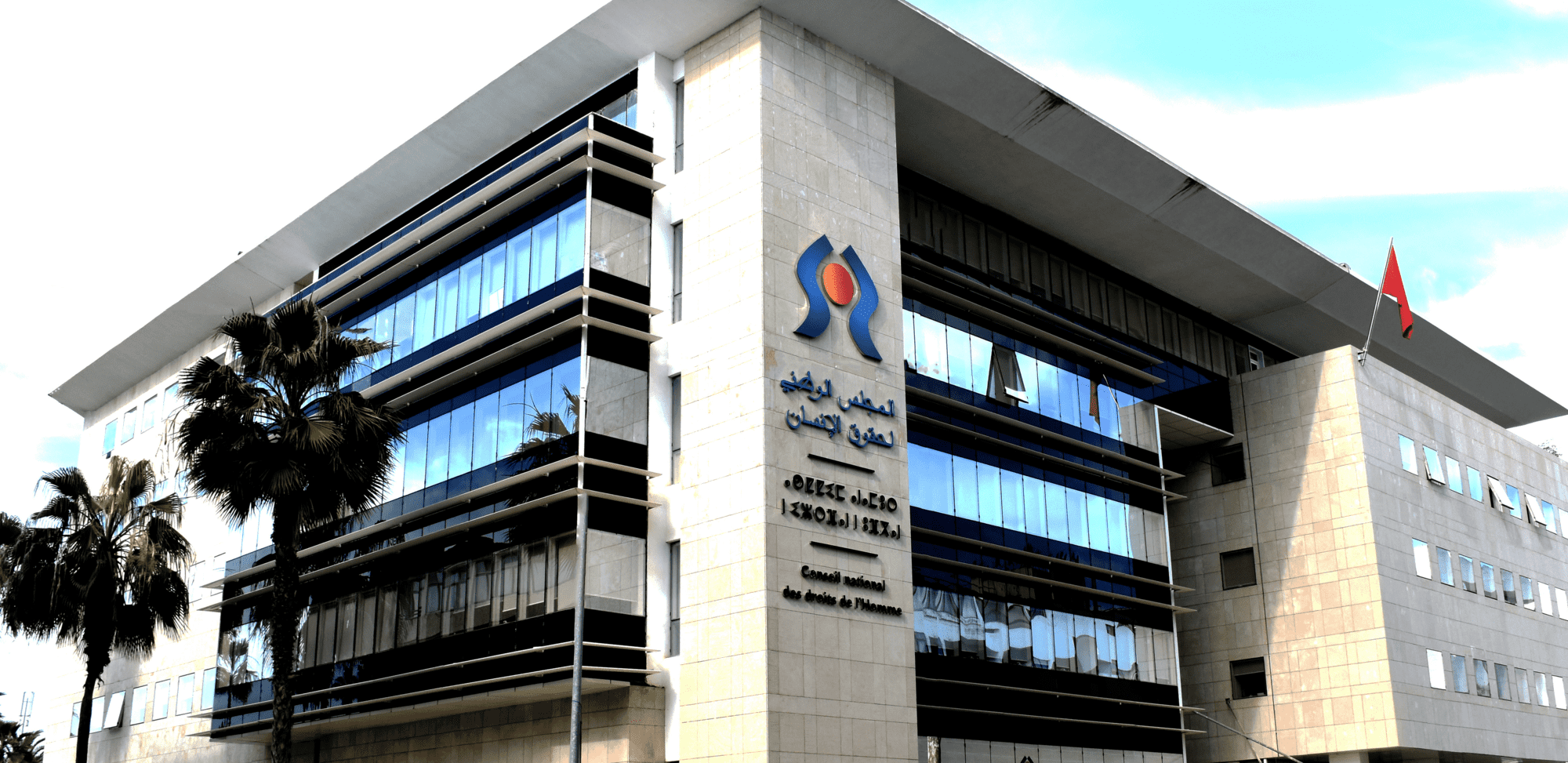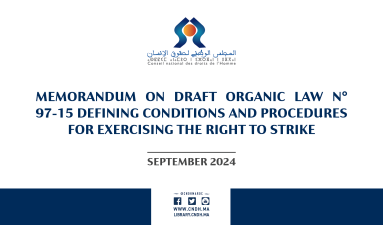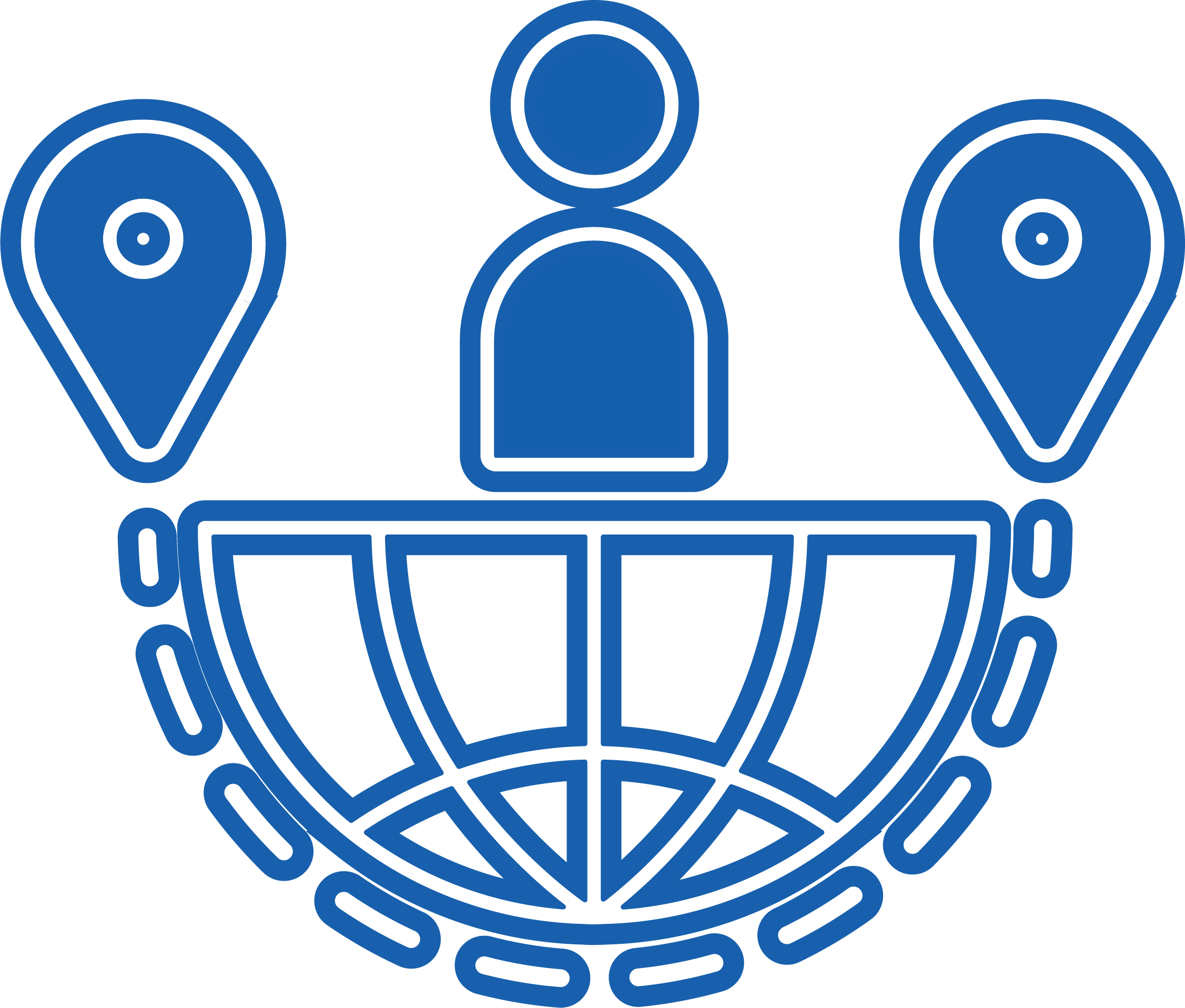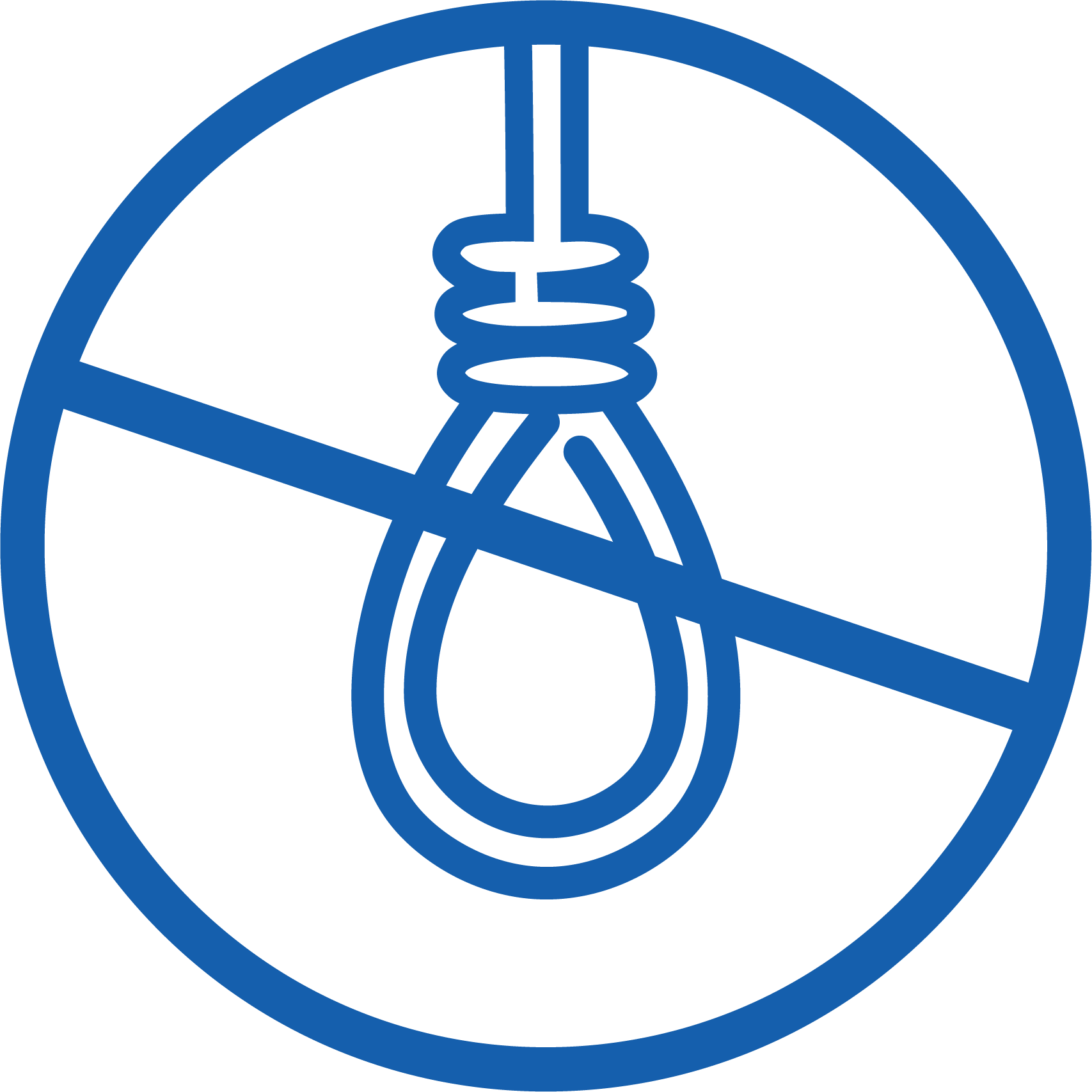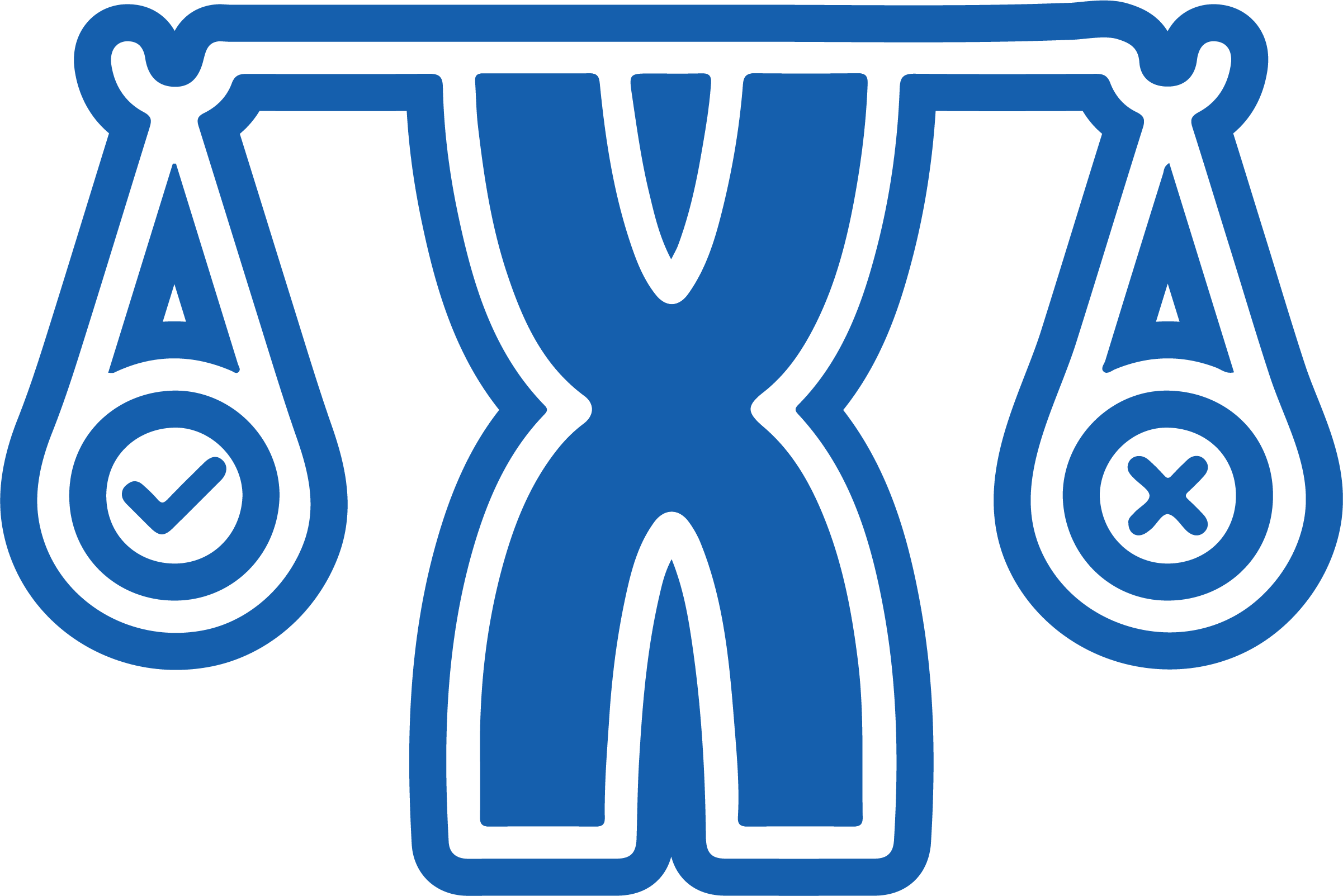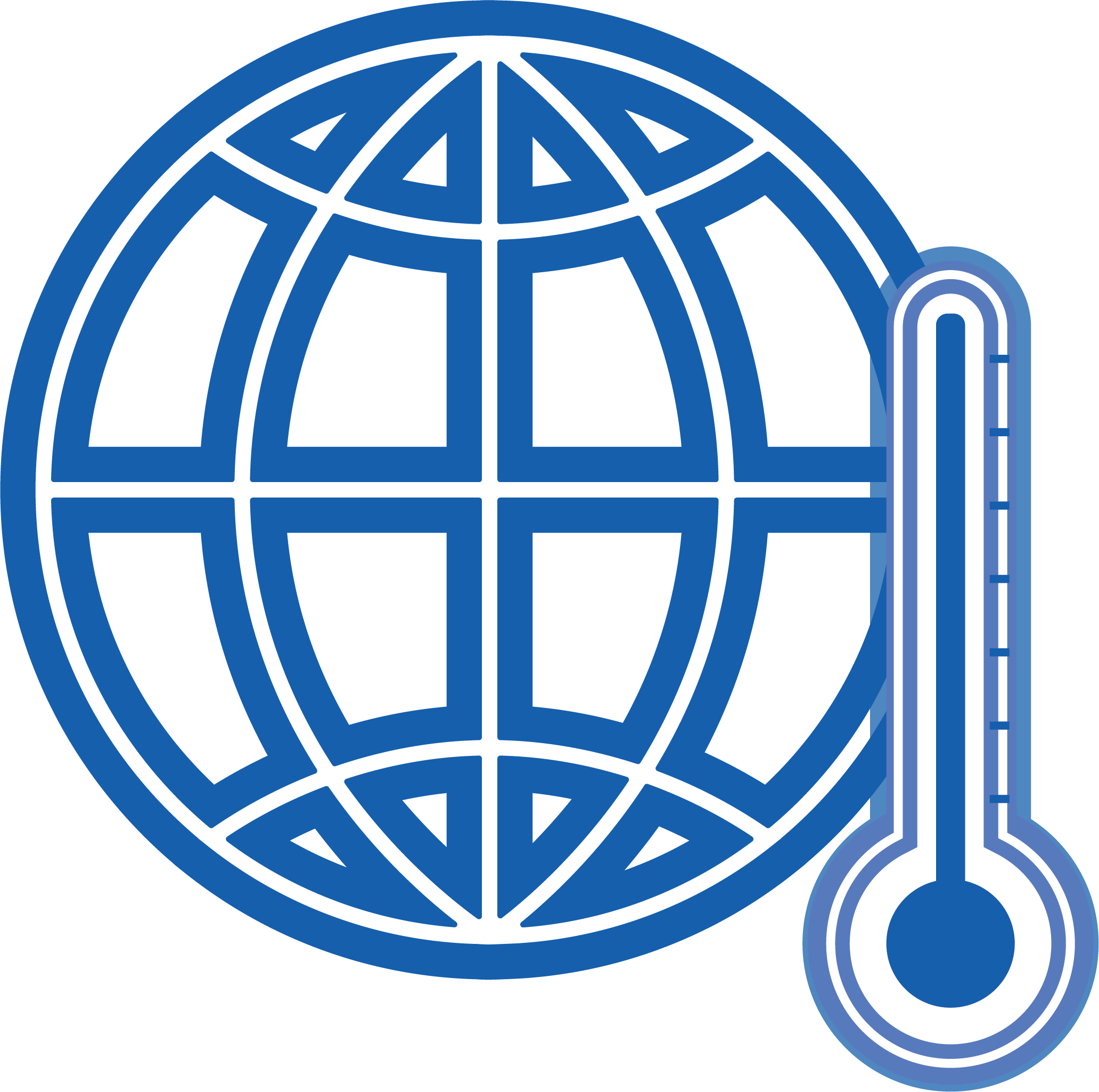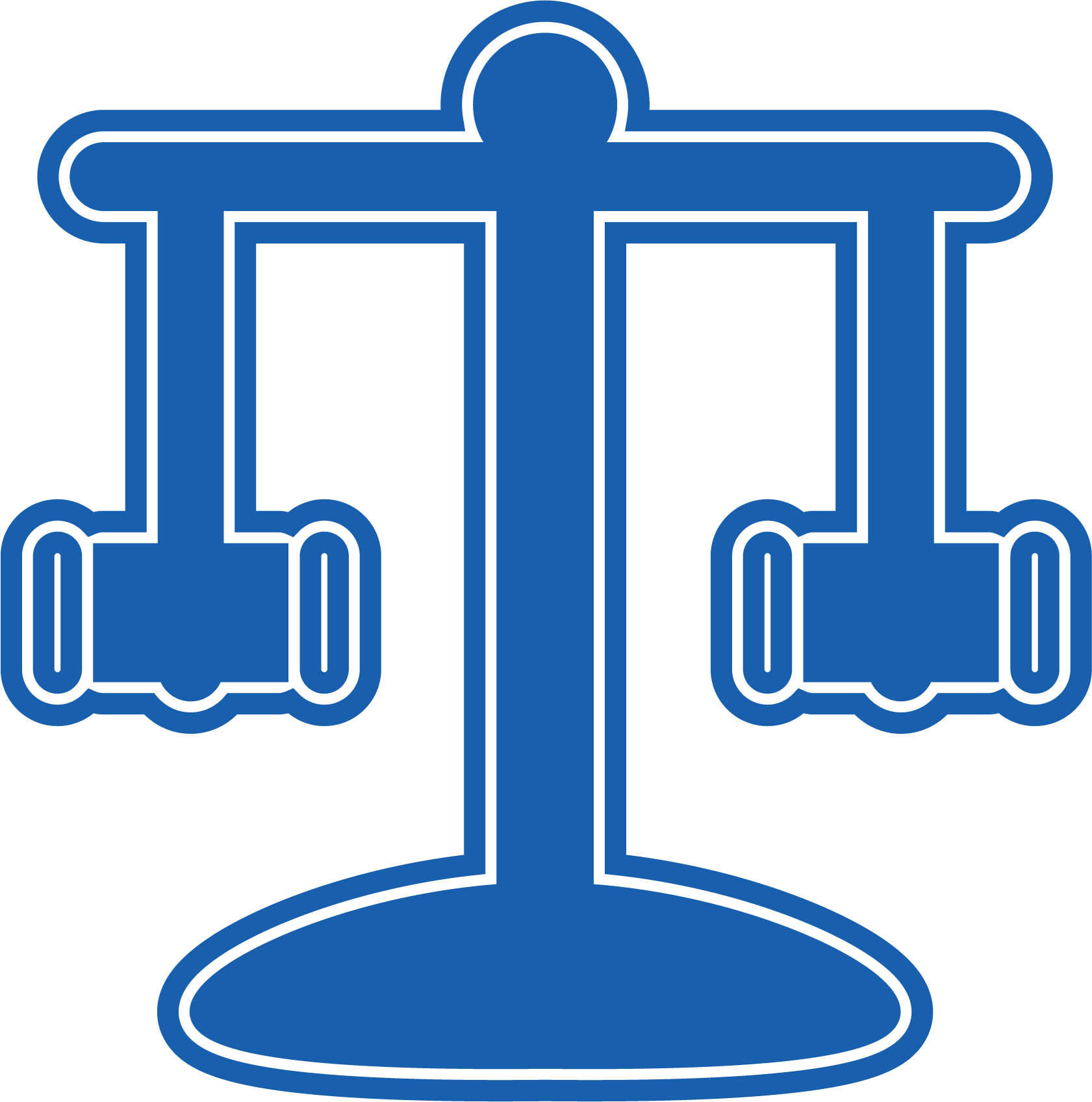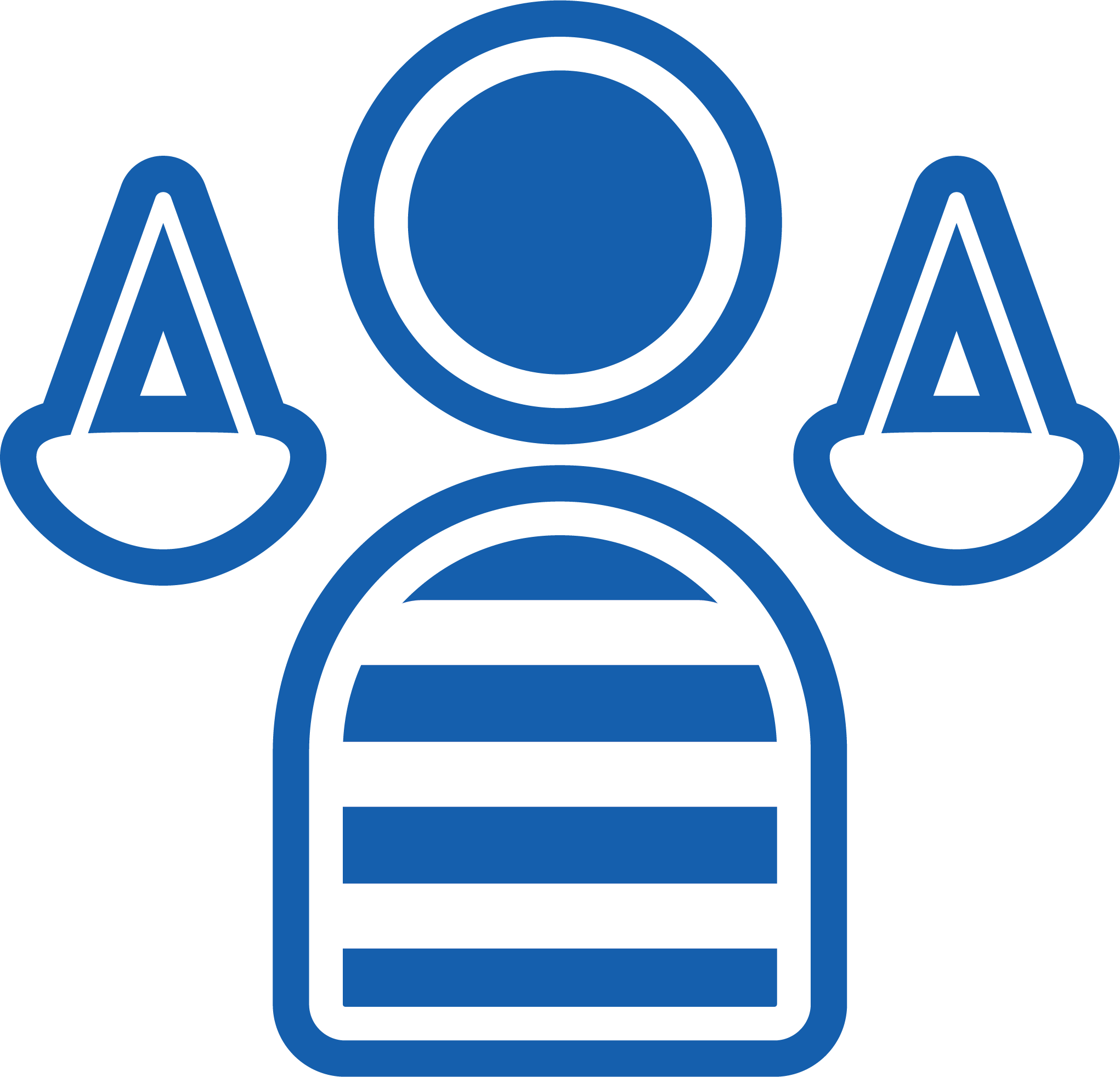Freedom of Expression
Freedom of opinion and expression is foundational to democracy, essential for societal progress, individual development, and the enjoyment of various human rights. In line with its strategy focused on the effectiveness of rights, the National Human Rights Council (CNDH) monitors efforts to support and enhance diverse forms of freedom of opinion and expression.
In 2022, the CNDH, in its opinion on Draft Law No. 71-17 amending Law No. 88-13 related to press and publishing, advocated for the adoption of the "Freedom of Information Law." It considers this law a crucial starting point to address challenges arising from new forms of expressing freedom in the virtual space. Envisioned as a cornerstone for press freedom, the proposed law aims to facilitate expanded freedoms, especially with the evolving landscape of public expressions on social media platforms.
The CNDH notes that addressing the challenges posed by the growing role of social media as channels for exercising the right to freedom of expression confirms the need to inevitability shift from framing public debate in terms of press freedom to a broader concept of media freedom.
Therefore, it urges public authorities, while managing issues associated with new forms of exercising freedom of expression, to be guided by best practices and advanced jurisprudence from comparative experiences.
It also urges judicial authorities to adhere to the principles of necessity and proportionality to protect the right to freedom of expression, press, and opinion, ensuring these rights remain immune from any penalty that deprives individuals of their freedom.
Additionally, it advocates for increased direct and indirect public support to the press sector to promote pluralism, diversity, and the modernization and rehabilitation of press entities, ensuring their sustainability.
Freedom of Assembly and Demonstration
The right to peaceful assembly is safeguarded by international instruments and enshrined in Morocco's Constitution. Demonstrations in Morocco have experienced notable evolution in recent decades, propelled by social media, providing a virtual platform for the exercise of the right to expression and protest.
CNDH and its Regional Commissions monitor peaceful demonstrations across various regions of Morocco, addressing diverse thematic issues such as access to rights, protesting against high prices of goods, expressing concerns of professional groups, or advocating for the release of detainees. The CNDH’s Regional Commissions, in certain cases, engage in mediation and proactive intervention to prevent potential violations.
Freedom of Association
The Universal Declaration of Human Rights (UDHR) (Article 20) and the International Covenant on Civil and Political Rights (Article 22) safeguard freedom of association, a principle enshrined in the preamble and various chapters of the 2011 Constitution, detailing guarantees and mechanisms for association freedoms. Association activities in Morocco are regulated by legislation, particularly Decree No. 1-58-376 issued on November 15, 1958, governing the right to establish associations.
Despite the legal guarantees enabling civil society's role in democracy and development, challenges persist, affecting the effectiveness of associative work. Ambiguities and differing interpretations of legal texts governing the establishment of association lead to tensions between civil society actors and local administrative authorities, often not aligned with the realities of associative practice and emerging forms of public expression.

